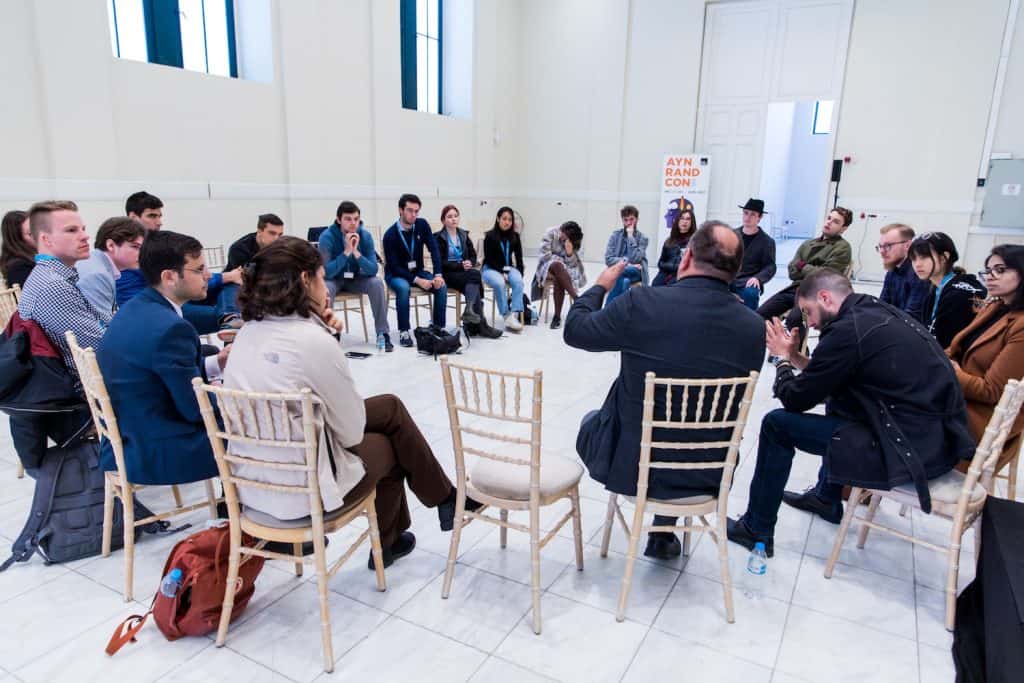Ancient Greek Thought and Civilization Part II: The Greek Enlightenment and the Golden Age of Athens (510-399 BCE)
In this course we will continue our examination of key works and developments in the history, art, and literature of Ancient Greek civilization through the first century of the so-called “Classical Age” (c.490-323 BCE), from the end of the Peisistratid tyranny and birth of Athenian Democracy (c.514-508 BCE) and the Persian Invasions (490, 480-79 BCE) down through the Peloponnesian War (431-404 BCE) and its immediate aftermath.
Price
$1,500.00
Level
100
Timing
Q3, Q4
Format
Live
About this course
In this course we will continue our examination of key works and developments in the history, art, and literature of Ancient Greek civilization through the first century of the so-called “Classical Age” (c.490-323 BCE), from the end of the Peisistratid tyranny and birth of Athenian Democracy (c.514-508 BCE) and the Persian Invasions (490, 480-79 BCE) down through the Peloponnesian War (431-404 BCE) and its immediate aftermath.
During this period, Greece’s foremost city states, Athens and Sparta, helped lead the successful defense of Greece against Persian invasions. Athens, the world’s first democracy, became the leader of the Delian League, an Anti-Persian military alliance. But the alliance soon became a maritime empire, as Athens exploited its allies and dominated the Eastern Mediterranean. At the same time, Sparta expanded its own league of allied, Greek city-states. Spartan society and government were as unique as Athens’, but with different and often diametrically-opposed values. Where Athens was the preeminent naval power in Greece, radically democratic, relatively egalitarian, and vibrantly open to trade and ideas, Sparta was a closed, hyper-elitist and militaristic aristocracy that dominated warfare on land. At the same time, the women of Athens lived highly restricted lives, while Spartan women enjoyed a far greater degree of autonomy than was typical elsewhere in the Greek world. The opposed ambitions and ideologies of these two societies and their hegemonies would ultimately plunge the entire Greek world into the ruinous Peloponnesian war (431-421, 415-404 BCE) that would scar Greece and shatter Athens’ empire.
Yet Athens’ relatively short-lived empire was to be but a small part of her profound and enduring legacy. As Athens’ empire rose and fell it became the epicenter of one of the greatest periods of intellectual growth and artistic achievement in human history. Under the leadership of Pericles, Athens became the center of the “Greek Enlightenment”, an incredible and arguably unprecedented burgeoning of critical thought and creative expression. Long-standing authorities and traditional conceptions of the divine, nature, and human nature were challenged. Fundamental philosophical concepts and problems such as “Being”, “Nature v. Convention”, and the “Problem of Change” were explicitly formulated for the first time. Radically new ideals and styles of inquiry were first envisioned: Parmenides and his Eleatic school invented metaphysics, the discipline of history was pioneered by Herodotus and Thucydides, and the Hippocratic circle championed new, scientific approaches to medicine. Rhetoric and Eristic were developed and taught by Gorgias and other so-called “sophists”, while Greek mathematicians introduced formal proofs and definitions. The great tragedies of Aeschylus, Sophocles, and Euripides explored the heights and depths of human nature, while Anaxagoras and Democritus theorized about things “up in heavens and down in the earth”. Architectural and sculptural masterpieces rose upon the Athenian acropolis while philosophers ranging from Protagoras to Socrates instructed and perhaps corrupted the sons of Athens’ “new money” and “old elite”.
This course will examine the perennially influential constitutions of Classical Athens and Sparta, survey the great events of 5th c. BCE Greece, and will explore many of the most significant and extraordinary works and ideas that survive to us from the “Golden Age of Athens”.
Ancient Greek Thought and Civilization Part I. The Archaic Era (c. 776–510 BCE) is strongly recommended for those intending to take this course, and this course is strongly recommended for those intending to take Ancient Greek Thought and Civilization Part III. The World and Ideas of Plato and his Contemporaries (c. 428-347 BCE)
Course Prerequisites
Instructors
About Ayn Rand University







